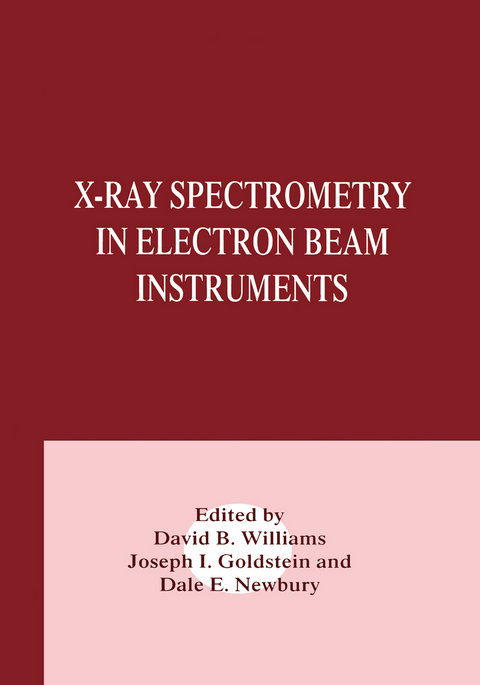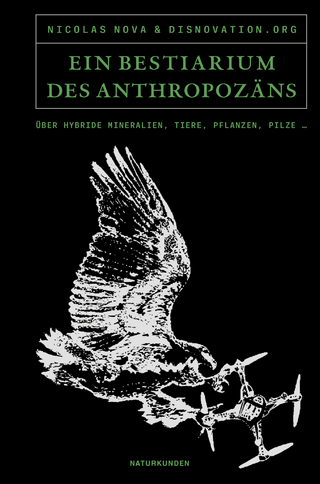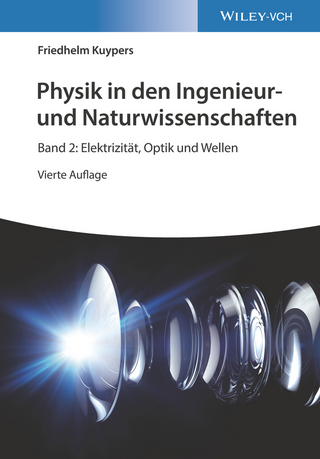
X-Ray Spectrometry in Electron Beam Instruments
Kluwer Academic/Plenum Publishers (Verlag)
978-0-306-44858-4 (ISBN)
The Development of Energy Dispersive Electron Probe Analysis; K.F.J. Heinrich. Problems and Trends in X-ray Detector Design for Microanalysis; B.G. Lowe. New Materials for Thin Windows; M.W. Lund. Intrinsic Ge Detectors; R. Sareen. Modeling the Energy-dispersive X-ray Detector; D.C. Joy. The Effect of Detector Dead Layers on Light Element Detection; J.J. McCarthy. Energy-dispersive X-ray Spectrometry in Ultra-high Vacuum Environments; J.R. Michael. Quantifying Benefits of Resolution and Count Rate in EDX Microanalysis; P.J. Statham. Improving EDS Performance with Digital Pulse Processing; R.B. Mott, J.J. Friel. A Study of Systematic Errors in Multiple Linear Regression Peak Fitting Using Generated Spectra; C.R. Swyt. Artifacts in Energy-dispersive X-ray Spectrometry in Electron Beam Instruments: Are Things Getting Any Better?; D.E. Newbury. Characterizing an Energy-dispersive Spectrometer on an Analytical Electron Microscope; S.M. Zemyan, D.B. Williams. Wavelength Dispersive Spectrometry - A Review; S.J.B. Reed. Synthetic Multilayer Crystals for EPMA of Ultralight Elements; G.F. Bastin, H.J.M. Heijligers. 4 additional articles. Index.
| Zusatzinfo | XVIII, 372 p. |
|---|---|
| Verlagsort | New York |
| Sprache | englisch |
| Maße | 178 x 254 mm |
| Themenwelt | Naturwissenschaften ► Biologie ► Allgemeines / Lexika |
| Naturwissenschaften ► Chemie ► Analytische Chemie | |
| Naturwissenschaften ► Physik / Astronomie ► Angewandte Physik | |
| Technik ► Maschinenbau | |
| ISBN-10 | 0-306-44858-0 / 0306448580 |
| ISBN-13 | 978-0-306-44858-4 / 9780306448584 |
| Zustand | Neuware |
| Haben Sie eine Frage zum Produkt? |
aus dem Bereich


